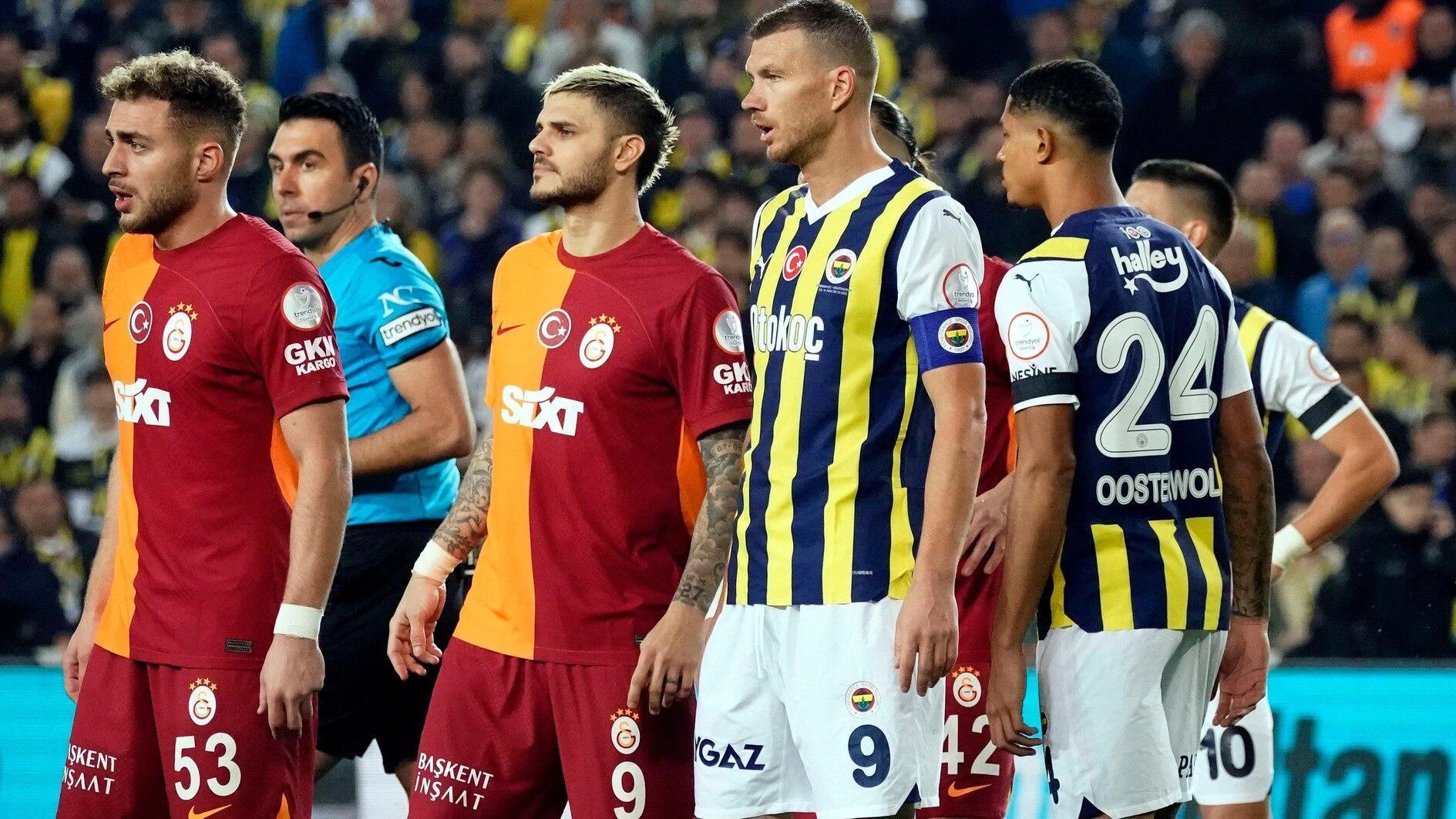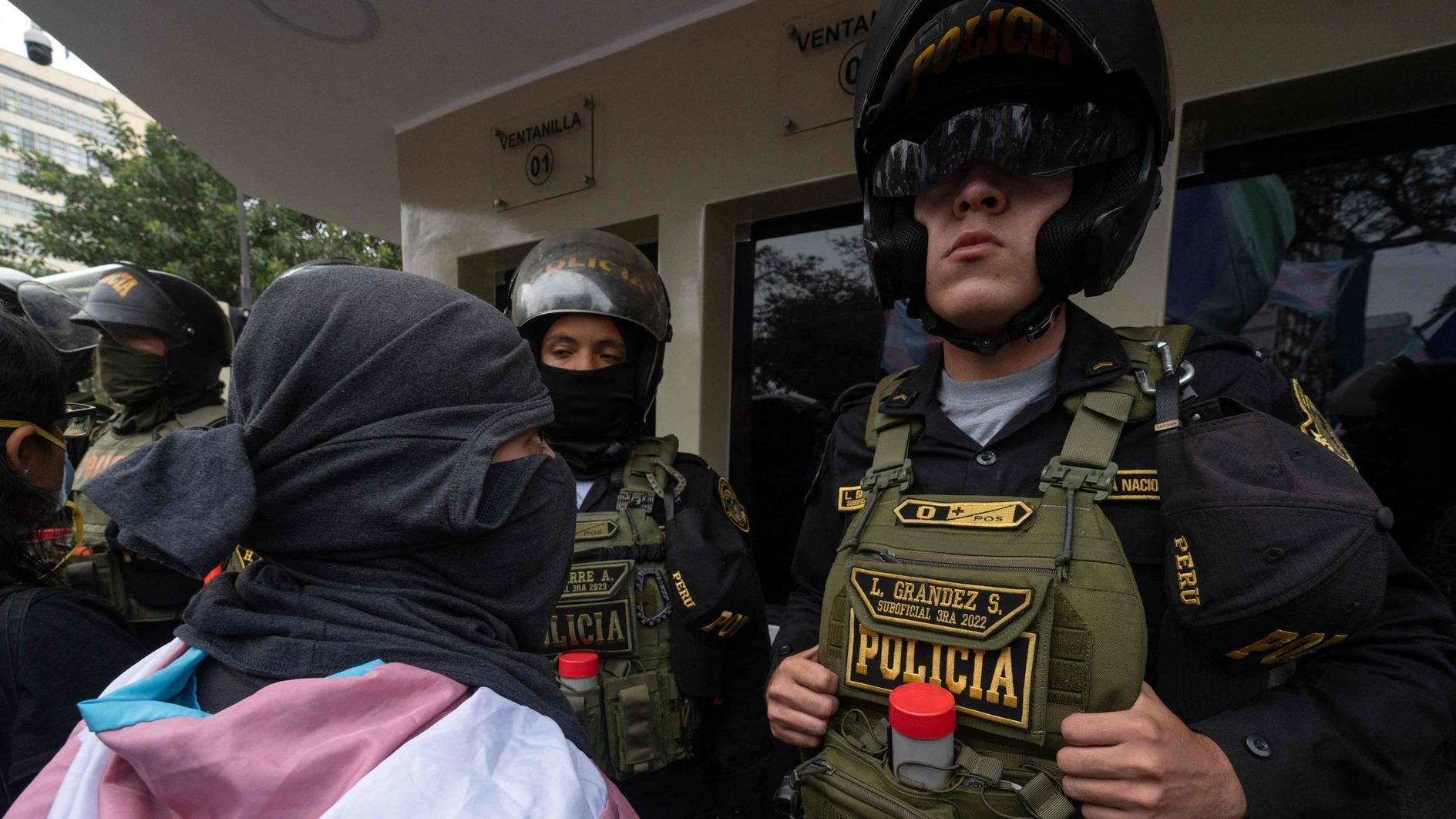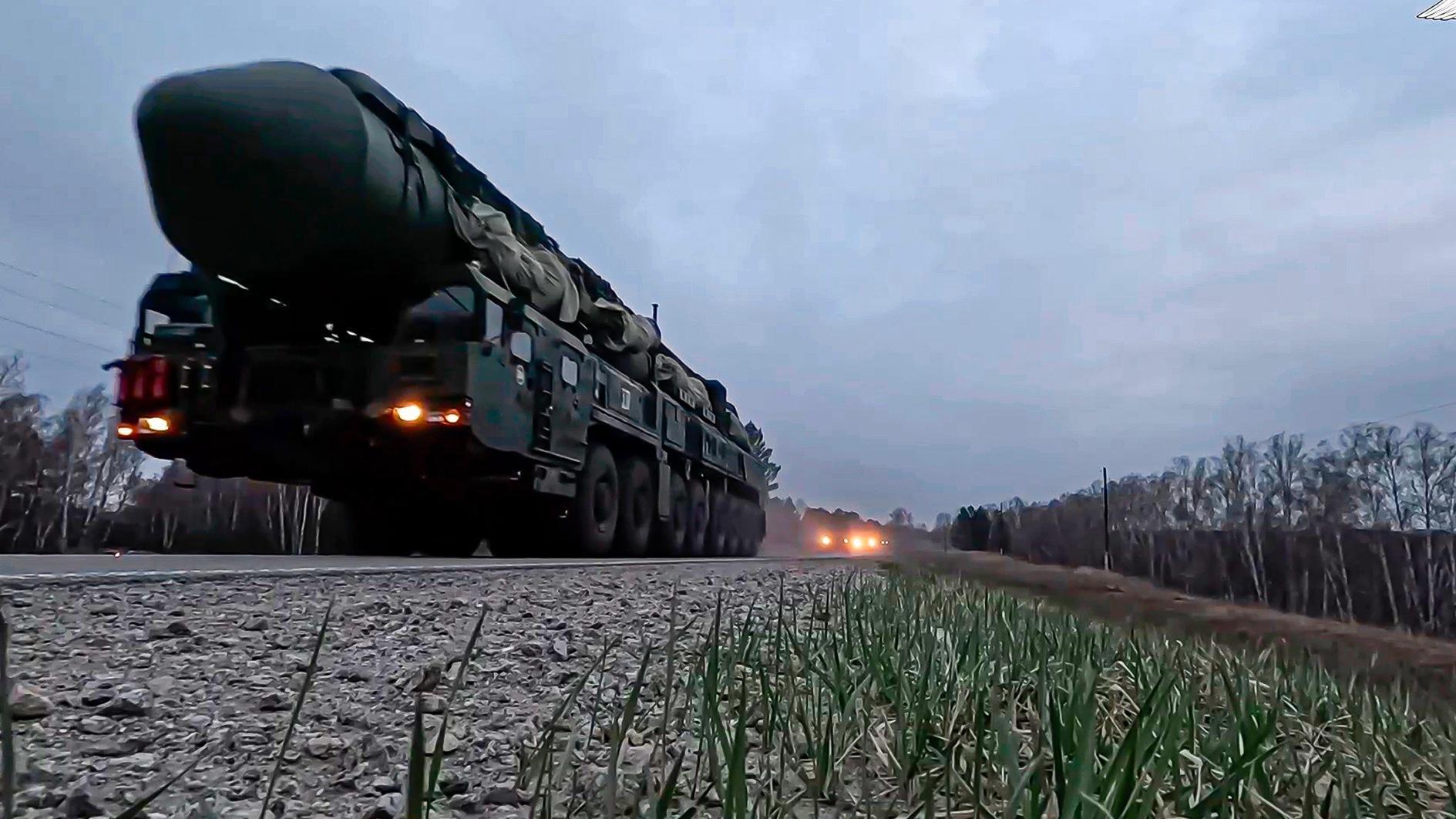Is Turkey at the point of no return?
The river crossing metaphor used by Turkey’s ever most-learned foreign minister in describing the Kurdish opening reflects the government’s mentality of doing business.
“Up until the halfway point [of the river], you have the option to turn back; it would be shorter anyway. But once you make it halfway, you want to reach the other bank no matter what it takes; turning back would both take longer and be riskier,” said Ahmet Davutoğlu.
Naturally, why would a government try to swim across a river that is flowing fast? If there is a need to cross that river, is it not that government’s responsibility to construct a bridge over that river? If a bridge is constructed, irrespective of how strong the river is flowing, even babies could crawl across it safely.
But, if there is already a bridge over that fast-running river and some people are trying to swim across it regardless, those people are either swimmers engaged in a contest, or are absent-minded people risking their safety for a few rounds of applause. If there is a fast-running river, if there is need to cross that body of water and if there is no bridge to cross it, then there is obviously a serious deficiency in governance in that country.
But, if we are to suppose that the Kurdish problem is a fast-running river and the government’s latest effort is an attempt to swim across it – even as we are exhausted and totally lost as to which direction we should take a stroke – we have currently reached a relatively safe rock in that river. That strong-running river will, of course, send that stable downstream sometime later, but knowing that, even though the gang will not lay down its arms all together, at least it has decided to give up armed activities inside Turkey.
Was that safe rock at Turkey’s point of no return? The gang halting its violence inside Turkey is, of course, a very important but insufficient step. Young Turkish citizens no longer falling prey to separatist terrorism and security forces stopping the hunt for terrorists in the mountains will not solve the Kurdish problem on its own. Still, the efforts of the government for a resolution must be praised as well. However, is it not a fact that the latest polls show that over one-third of people in the southeast have a problem of belonging in terms of their relation to the Turkish state? Just a few years ago, in 2009, support for a separate state was at a negligible 6 percent. How did it happen that only about a fifth of the southeast wanted autonomy and a federal Turkey in 2009, while over 60 percent are now demanding autonomy?
Questions like the location of the half-way point and the calculations as to when it becomes costlier to return back might be ambiguous issues beyond the comprehension of illiterates like us, but the most-learned minister perhaps has an idea. If this is where we have come since the Habur sham of 2009, or the Oslo talks of 2010, can we say that each failed Kurdish opening from the government help further inflate separatist hallucinations? Government members are already warning that the fast-running river may carry us away if we don’t proceed with determination. Are we hijacked by our wish for a resolution of the Kurdish problem?
There is, of course, a point of no return, but Turkey left that point way back at Habur in 2009: On that day, a makeshift court was established at the order of the government; the portrait of Atatürk and the Turkish flag were removed in order to avoid antagonizing the good terrorists and, in a summary court, all the terrorists were set free. On that day, Turkey indeed surrendered to terrorism.
Now, the government is trying to salvage whatever is left and in that, it has my support as well. But, since most of us are not good swimmers, rather than trying to swim across a fast-running river, it would be better if we built a bridge and walked over it…











